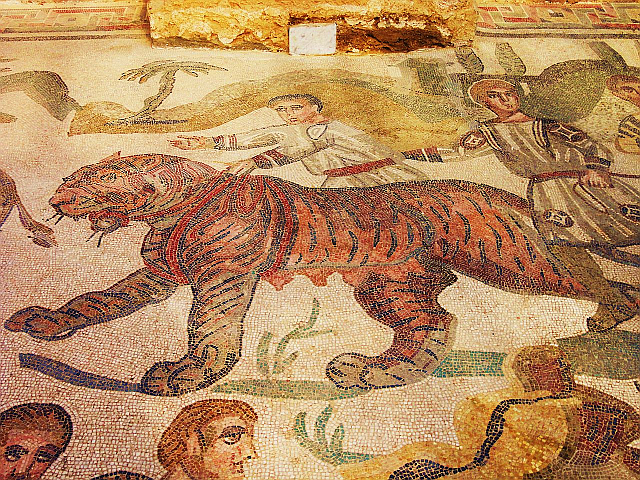Mary Beard in the New York Review of Books:
Do the Classics Have a Future?
the classics are embedded in the way we think about ourselves, and our own history, in a more complex way than we usually allow. They are not just from or about the distant past. They are also a cultural language that we have learned to speak, in dialogue with the idea of antiquity. And to state the obvious, in a way, if they are about anybody, the classics are, of course, about us as much as about the Greeks and Romans.. . .The study of the classics is the study of what happens in the gap between antiquity and ourselves. It is not only the dialogue that we have with the culture of the classical world; it is also the dialogue that we have with those who have gone before us who were themselves in dialogue with the classical world. . .
The second point is the inextricable embeddedness of the classical tradition within Western culture. I don’t mean that the classics are synonymous with Western culture; there are of course many other multicultural strands and traditions that demand our attention, define who we are, and without which the contemporary world would be immeasurably poorer. But the fact is that Dante read Virgil’s Aeneid, not the epic of Gilgamesh.. . . if we were to amputate the classics from the modern world, it would mean more than closing down some university departments and consigning Latin grammar to the scrap heap. It would mean bleeding wounds in the body of Western culture—and a dark future of misunderstanding. I doubt we’ll go that way.
